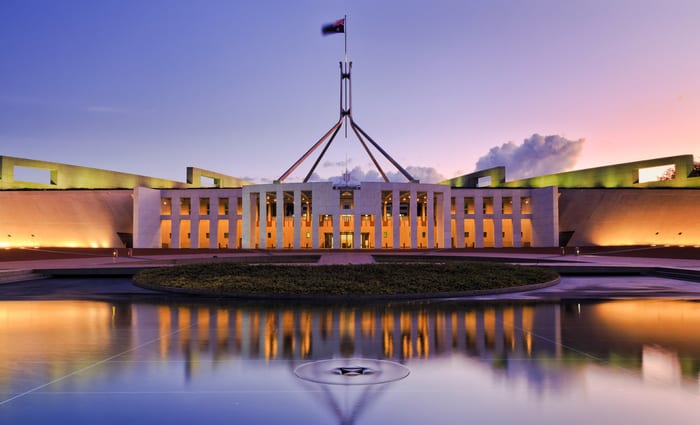Negative gearing changes worry the property market
Those Federal budget announcements affecting property are actually going to have a bigger impact than initially concluded.
Young first home buyers certainly appear willing to dive into the proposed simple superannuation top-up scheme that offers tax breaks. They will likely overtime become the big Budget winners in the housing arena.
The headline housing measure kicks in from July 1 when the first-home buyer can salary sacrifice into their super account above their compulsory contribution.
Regular super remain off limits, but the scheme ought be better than money in the bank, as Treasurer Scott Morrison calculates an accelerated savings of 30 percent.
That is of course unless calamity strikes superannuation as it did in the global financial crisis.
The Budget also offered the elderly an incentive to down-size homes with tax breaks too.
But downsizes are likely to delay the sale of the family home - and not just because the new scheme doesn't start until July 2018.
Individuals who are already 65 have been urged to put off a sale at least until the legislation passes so they don't miss out on the opportunity to top up their super.
Australians in their early 60s might also delay their downsizing if they are set to become self-funded retirees.
Of course any net proceeds from the sale of the family home will be included in the assets test for the age pension which remains a major impediment for many retirees.
Not much outcry about residential investors losing their travel expense claims when they inspect their investment property. It was good while it lasted most investors have mumbled.
But investors keen to sell their strata units have real concerns as they will be selling their second-hand properties without the attraction of a major tax deduction to the next owner.
Intended to address issues that items such as air conditioners are being claimed as tax write-offs by successive investors in excess of their actual value, it is still not clear just what the government will define as plant and equipment.
The policy intent is to restrict depreciation claims to items purchased and installed by the claiming taxpayer. Investors await draft legislation to see if it extends to say the exisiting communal lifts.
One commentator says the changes to negative gearing depreciation claims will see investor demand for recently completed housing fall or flatline - resulting in a cooling in the Sydney apartment market price growth.
Another big measure taxing and restricting foreigners in many ways in a revenue treat for the Treasurer in the Budget will impact the market in many ways under the guise of levelling up the playing field for struggling locals.
And no one really knows just how yet that will unfold.
